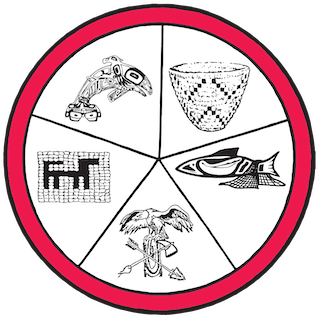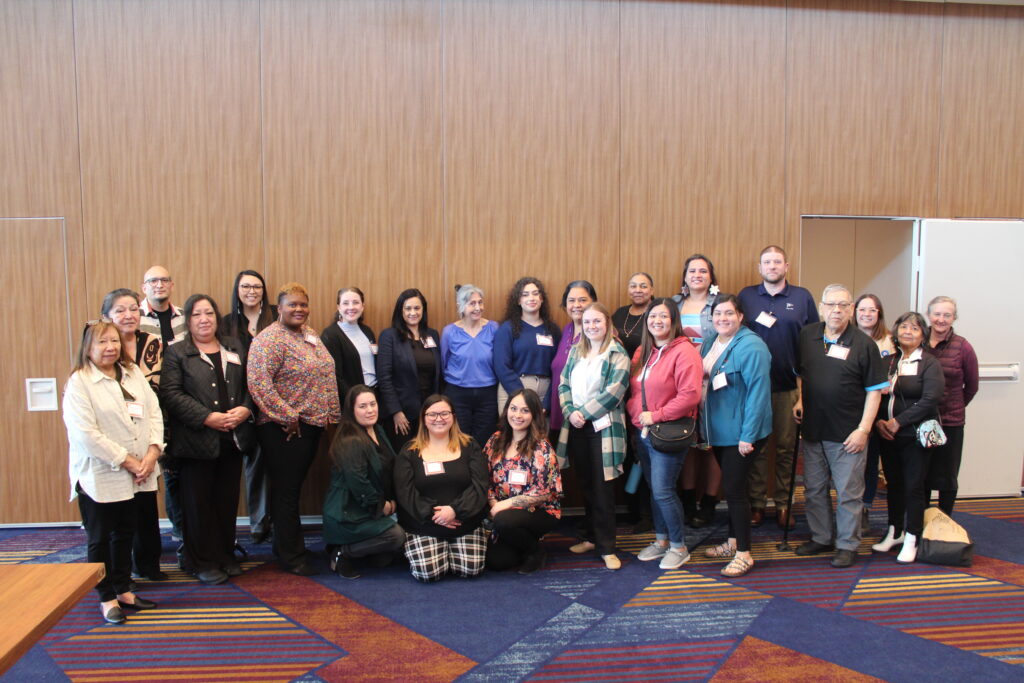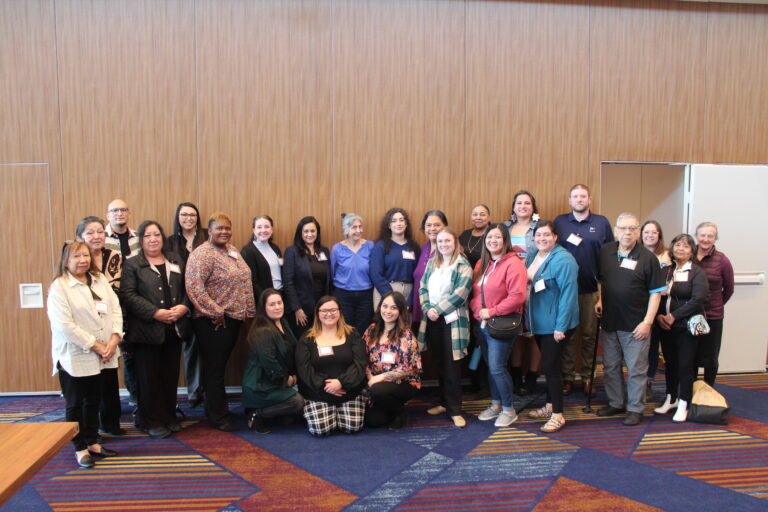The Comprehensive Cancer Control Advisory Committee convened at Ilani Casino on March 7th and 8th for a momentous gathering aimed at enhancing cancer care and support within tribal communities. The event commenced with a warm welcome from two esteemed members of the Cowlitz Tribe with their drums and song, setting a tone of unity and collaboration. Rita Andrews, a Skokomish Tribal member and former cancer program staff, graced the gathering with an opening prayer, infusing the atmosphere with spiritual reverence.
Throughout the retreat, Tribal representatives shared poignant experiences, fulfilling the directive to disseminate insights within their respective communities. Among the highlights was the introduction of ‘Paddle for the Battle,’ an inspiring initiative championed by Rita Andrews, inviting cancer survivors and allies to paddle canoes in a symbolic gesture of resilience, followed by communal recognition and traditional feasting.
Attendees were deeply moved by the testimonies of cancer champions from the South Puget Intertribal Planning Agency (SPIPA) consortium, underscoring the multifaceted approaches to cancer treatment, including laughter and traditional medicine.
Ursula Tsosie, Tribal Program Liaison manager at the Fred Hutchinson Cancer Center, delivered an illuminating presentation on the ‘9 Healthy Habits of a Cancer Coalition, shedding light on effective strategies for community-driven cancer prevention.
A pressing need for increased funding for community-level cancer events and activities was voiced by members, emphasizing the significance of accessibility for individuals facing travel challenges.
Snowy Johnson and Annavey Skenadore both Community Health Educators also from the Fred Hutchinson Cancer Center, emphasized the power of storytelling and metaphors in conveying health messages, sparking meaningful dialogue, incorporating elements of the natural world into the strength and resilience of Tribal communities among participants.
Day two commenced with an insightful presentation by Alex Sirotzki on nicotine vaping, followed by Dr. Clay Kills First’s discourse on prostate and colorectal screening challenges within indigenous populations. The discussion delved into logistical barriers and generational trauma, highlighting the imperative for culturally sensitive healthcare interventions.
SPIPA Comprehensive Cancer Control Staff created a presentation about the need to expand their presence at the annual SPIPA WFD family event: Camp Bishop, underscoring the importance of engaging with the community. Also, a hot topic of discussion, a workshop on men’s health ensued culminating on the fact that the tribes need to find community level spokesmen willing to share their story with other men in the community in hopes they will make appointments for routine cancer screening.
The Cancer Advisory Committee members had a moment to review a brochure that encourages colorectal screening, as well as a 5-video suite. These materials were organized by Kaiser Permanente, Tyler Digital and the Health & Wellness SPIPA Staff regarding colon health awareness across five tribes, with a focus on personal narratives to encourage screening participation.
A poignant session on supporting cancer patients in their treatment journey underscored the importance of patient navigation and nutrition counseling. Joanne Decicio’s heartfelt narrative of navigating cancer treatment resonated deeply, emphasizing self-compassion and the significance of hearing a patient’s needs in their journey through this time.
The retreat concluded with reflections from tribal witnesses, encapsulating the spirit of collaboration and shared commitment to advancing cancer care and support within tribal communities. As the Comprehensive Cancer Control Advisory Committee continues its vital work, the collective resolve to address the multifaceted challenges of cancer care remains unwavering.


